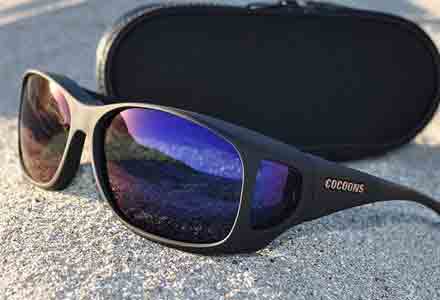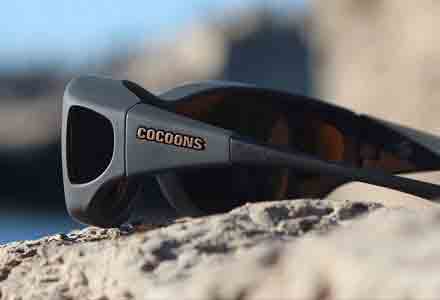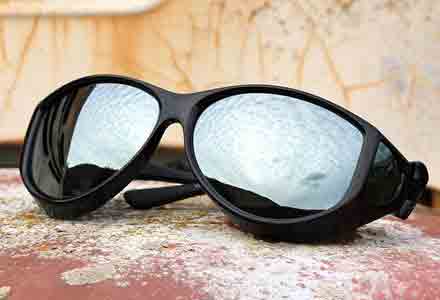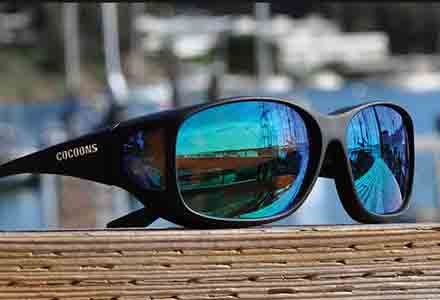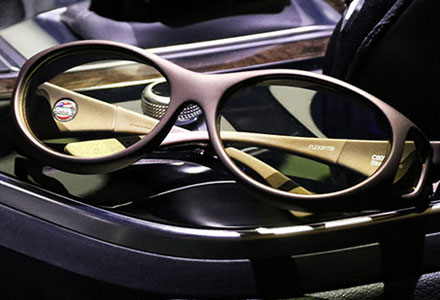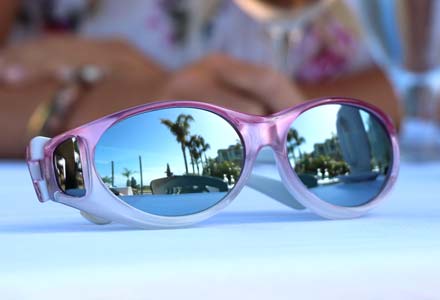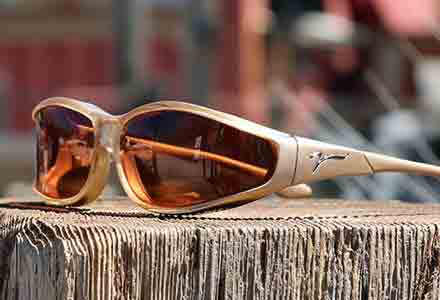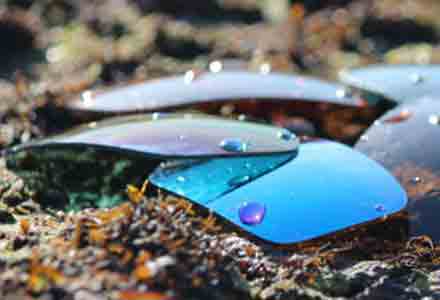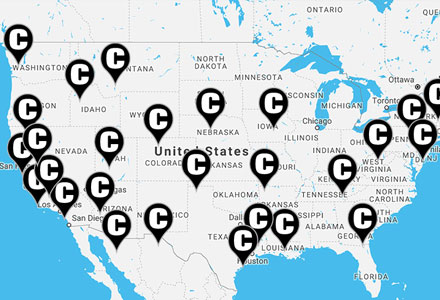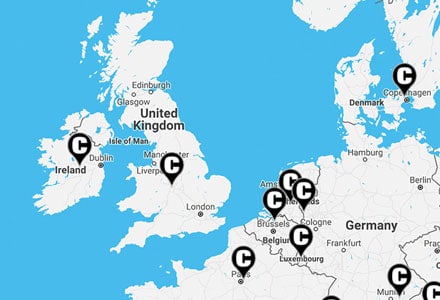Press Releases
Ish Monroe Wins 2009 Delta Stren
California pro Ish Monroe is loathe to let opportunities pass by in the West. He’s fished as many Western FLW Series events as possible the last several years, and won last year’s California Delta Series, but this year he switched over to the Strens.
He fished two of the four Western Strens this season, and won the most recent one at the Delta. And 2 weeks prior, he came within 4 ounces of winning the Oroville Stren after a bass in his livewell spit up a gopher.
Although Oroville was a nail-biter, he ran away with the Delta Stren. He led wire to wire and won by more than 12 pounds.
Here’s how he did it.
Practice
After the conclusion of the Oroville Stren, Monroe spent a considerable amount of practice time on the Delta.
“Like Oroville, I practiced really hard,” he said. “My strategy about not practicing so hard that it hurts you – it didn’t in those two events. I spent a lot of time fishing everything, and one place I found where I caught an 8, 7 and 6 in competition, I’d never fished before. I fished from Sherman Lake to Stockton and everywhere in-between.”
His hope was to find a frog pattern so he could use his new namesake bait – the Snag Proof Ish’s Phat frog. He noted he was able to test the frog at the Guntersville Bassmaster Elite Series, and “found the hookup ratio to be a lot better than with other frogs.”
He found plenty of frog fish, but also needed a pattern for the wind, so he picked up a flipping stick and started hunting around with a Sweet Beaver.
“That was the one-two punch I had last year when I won,” he noted. “At the Delta, the biggest fish are in the thickest, heaviest mats, and the best way to catch them is with a frog and flipping.”
He exited practice with several spots where he could frog or flip. In particular, he had one area – the one he’d never fished before – that he considered to be his big-fish spot.
Competition
- Day 1: 5, 21-00
- Day 2: 5, 27-09
- Day 3: 5, 17-07
- Total = 15, 66-00
Monroe decided to start day 1 on a community hole, since he figured it was his only shot to fish it. He rolled in, caught a few fish right away, then ran to his second spot.
“I wasn’t worried about anyone hitting that (second) spot,” he said. “I caught a limit and culled a couple and things were really starting to look good. Then I ran to my big-fish spot and first thing I flip up an 8. Life was good.”
He then ran to another spot and caught a few 3 1/2- to 4-pounders, which he culled with, and he caught a few additional flip fish.
“Day 1 was very uneventful, but I was just catching good, solid fish that gave me the lead in the tournament,” he noted. “The tides were a little higher than normal, and people had been talking about how slow the fishing was. That week, the tides were the highest they’d been all year, so I knew that would help the flipping bite for sure.”
Monroe also got a tip at the day-1 weigh-in from his friend Kent Brown, who turned him onto a frog blowup that Brown couldn’t convert.
Ish started day 2 on Brown’s tip and caught the 6-pounder that lived there on a frog. He moved over to flip a few mats in the same area and caught a 5-pounder on his first flip. He moved to another mat and caught a 5-pounder again, so in his first half-hour of fishing he had three in the box for more than 15 pounds.
“I started rolling through an area where I’d caught a couple frog fish (the day before) and had no bites,” Monroe said. “There was one little mat left. I threw to it, the frog lands on the mat, I twitch it and another 5-pounder eats the frog. I had four for over 20 in the first hour and I’m excited.”
He next visited his big-fish spot. The tide began to drop and he spied a hole with what looked like a carp in it. On second glance he saw it was a bass. He picked up the Beaver, made one pitch and caught the 7-pounder
With about 25 pounds, he was done fishing at that point and practiced the rest of the day. As he practiced and scouted, he moved into the only area he wanted to hit in practice, but never had. He threw his frog over a hole, whacked a 6-pounder and culled again to end the day with 27 1/2 pounds.
He entered the final day of competition with an 11-pound lead. “But you can never sleep in on the Delta,” he noted. “I could come in with 20 pounds, and someone could catch over 30 anytime.”
The wind was howling on day 3 so he started with flipping but struck out. He picked up the frog and caught a 4-pounder pretty quickly. He ran to his next area and caught three small flip fish, plus a 2 1/2-pound frog fish. He next moved to his big-fish area and caught a 6- pounder. He eventually culled a few times to improve his weight to 17 1/2 pounds and he won easily.
He estimated he caught 25 keepers on day 1, 15 keepers on day 2 (but better quality) and 30 keepers on day 3. The key to his flipping bite was he worked tule banks with a mix of rock and grass. There had to be those three elements, he said.
He caught most of his frog fish from “cheese mats” – sloppy, slimy mats “that everybody hates to fish, and you can only fish it with a frog.” Overall, tide wasn’t critical to his pattern.
Winning Gear Notes
- Frog gear: 7’4″ medium-heavy Daiwa Steez braid rod (prototype) Daiwa Zillion casting reel (6:1), 65-pound PowerPro braid, Snag Proof Ish’s Phat frog (papa midnight).
- Flipping gear: 8′ heavy-action Daiwa Steez flipping stick, Daiwa Zillion casting reel (7:1), 65-pound PowerPro braid, 1 1/2-ounce Tru-Tungsten Worm weight (junebug, pegged with Tru-Tungsten Peter T. Smart Peg), 5/0 Youvella hook (prototype), Reaction Innovations Sweet Beaver (sprayed grass).
- He noted that hook company Youvella is in the process of changing its name to Miachi.
- He caught a 4-pounder the final day on a black/red Revenge buzzbait.
The Bottom Line
- Main factor in his success – “Practicing hard, fishing hard and fishing for big bites. I never picked up a dropshot or crank or spinnerbait.”
- Performance edge – “The Steez rods. They’re so light they allowed me to fish as long as I did. I fished the Oroville Stren, then practiced the Delta for 4 or 5 days, then fished the tournament for another 3 days. The rods kept me from being sore and hurt after fishing those long days.”
Notable
About losing Oroville by 4 ounces, he said: “The only reason was because one of my fish spit up a gopher in the livewell. Thewater at Oroville had come up 10 feet in 2 weeks. I think that gopher swam out of his hole at the wrong time. I was wishing I had one of those old-school Watson rats.”
He sacrificed a practice day at the Kentucky Lake Elite Series in order to fish the Delta. He finished 70th at Kentucky Lake and said, “I never found the right ledges.”

